-
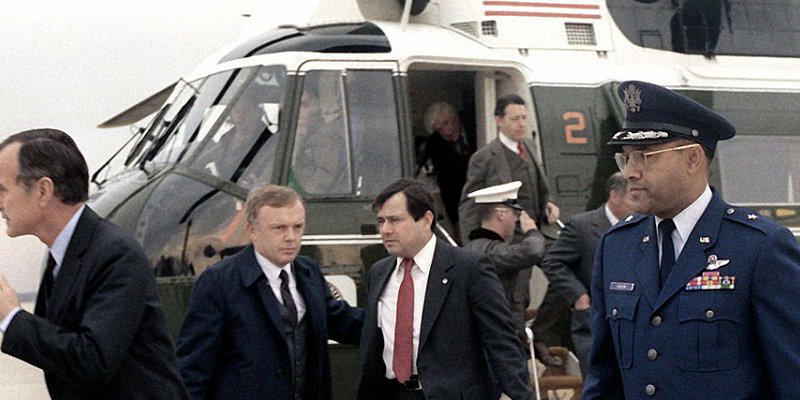
Help crowdfund the release of files on one of the CIA’s most notorious officers
During his decades-long tenure with the CIA, Thomas G. Clines had a role in everything from the attempted overthrow of Fidel Castro to the training of Anti-Sandanistas in Nicaragua. Afterward, he made millions selling arms to Egypt, and was a major figure in the Iran-Contra Affair. Help us find out what the FBI knew about his activities.
-

The Private Prison Primer: How is this even legal? Part 2
In the current system, there is nothing necessarily inherently illegal about the use of private prisons. So how are they even legal? In part, because - despite private-public turnover and speedily passed laws and court interpretations - the American people didn’t make a strong case. And future beneficiaries did.
-

Opening up Dugway Proving Grounds, the military’s secretive biological weapon testing unit
In 1941, the US Army decided it needed a remote testing site to develop and test experimental, chemical and biological-based weapons, some place far away from civilians and, perhaps more importantly, the opportunity for enemies to see what they were building. The Dugway Proving Ground was born.
-

The Private Prison Primer: How is this even legal? Part 1
By BOP standards, private prisons are legally allowable. By their standards too, those setting policy for the public benefit are free to reap private benefits. Private prison operators, at least officially, won’t wear out their trial welcome until they’re officially proven failures. But with renewed scrutiny of privatized corrections coming to Congress, we’re forced to wonder: how is this even legal in the first place?
-

PRINT “BYE” - The FBI’s investigation into Johnny Cash’s BASIC threats
As we mentioned in our earlier write up, the FBI’s files on outlaw icon Johnny Cash are surprisingly tame. Well, once you get past that part where he burned down a national forest. After that youthful indiscretion, the file consists mainly of investigations into various death threats the House of Cash received over the decades - including one that stands out due to the odd choice of medium, and the even odder investigation.
-

The Second Annual Foilies are here - submit your strangest public records experience
Everyone in the world of public records has at least one experience that’s straight out of Kafka - maybe the agency gave an estimated completion date of next century, or the “responsive documents” turned out to be a couple hundred blank pages.
In that spirit of commiseration, MuckRock is proud to announce that we’re partnering again with EFF for the second-annual “Foilies” Awards.
-
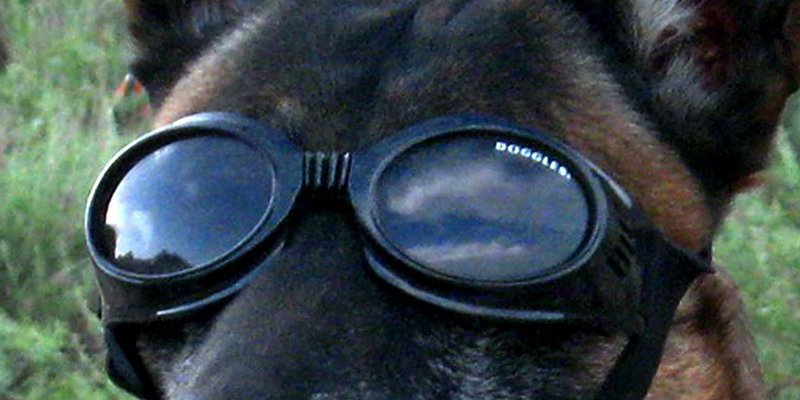
How a study on dog ESP led to the development of the military’s psychic soldier program
Government research often pushes the boundaries between science and science fiction. Today, the proud bearer of that mantle is often DARPA, experimenting with robots, cybernetics, and more. But in the sixties, during the height of the Cold War, this research often went into more fantastical realms, even exploring whether ExtraSensory Perception was possible.
-

Massachusetts Senate prepares to weigh in on weakened public records bill
Beacon Hill has taken up the cause of public records reform for the first time in forty years. However, after the Massachusetts House passed a subdued version of the bill in November, initial hopes have given way to fear that this once-in-a-very-long-time opportunity for meaningful reform will be squandered. Until the Senate hears and votes on the bill early next month, it will be unclear how hard the Bay State will actually tackle opening the government this year.
-
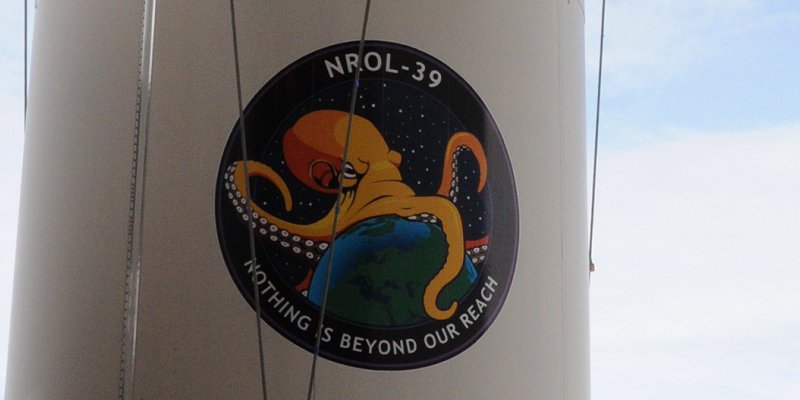
How an engineering in-joke led to a spy satellite’s world-eating octopus logo
When the National Reconnaissance Office announced the upcoming launch of their NROL-39 mission back in December 2013, they didn’t get quite the response they hoped. That might have had something to do with the mission logo being a gigantic octopus devouring the Earth. Researcher Runa Sandvik wanted to know who approved this and why, so she filed a Freedom of Information Act with the NRO for the development materials that went into the logo. A few months later, the NRO delivered.
-
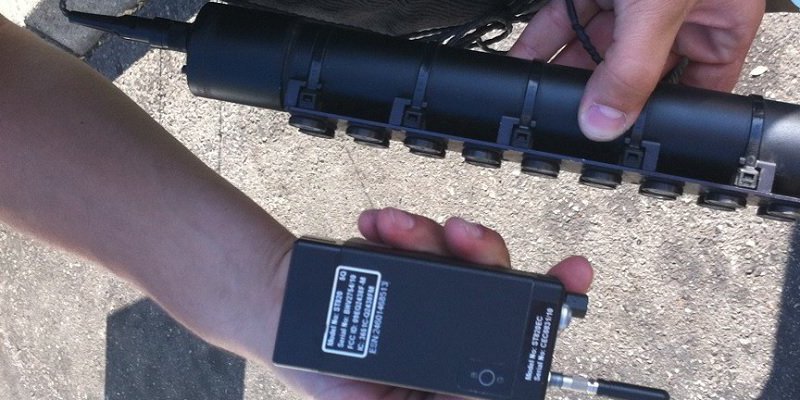
Factum Non Verba: The heavily redacted world of the FBI’s Tracking Technology Unit
In 2012, the FBI’s warrantless GPS tracking system went dark - after a Supreme Court ruling forbid the practice, an FBI lawyer stated that 3,000 units were turned off and pulled out of service. But after almost four years of waiting, a request for exactly where that discontinued program had been operating came back heavily redacted.
-

The FBI feared communist infiltration of EPCOT
In 1981, Walt Disney World was getting ready to unveil a new gem in its crown of amusement parks, the Experimental Prototype Community of Tomorrow, or EPCOT. Revolving around a massive sphere called “Spaceship Earth” and a lagoon that initially called for cultural installations from nine countries, EPCOT was intended to be the ultimate harmonious international village, a shining example of global unity. Naturally the FBI had a problem with it.
-
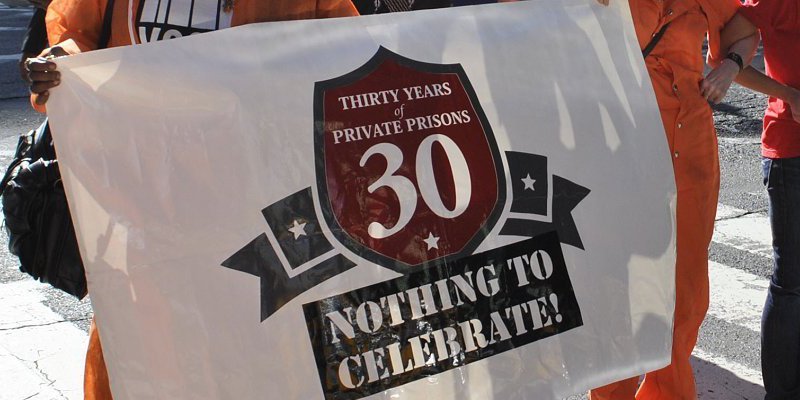
Five concerns about private prisons from the ‘80s that are still valid today
Thirty years ago, when privatized prisons were first offered as a viable alternative to the failures of the public sector, concerns - ethical, financial, and practical - were raised regarding how the incarceration industry would be implemented. Now, three decades into this “experiment,” the for-profits are here to stay, and those concerns could not have been more prescient.
-
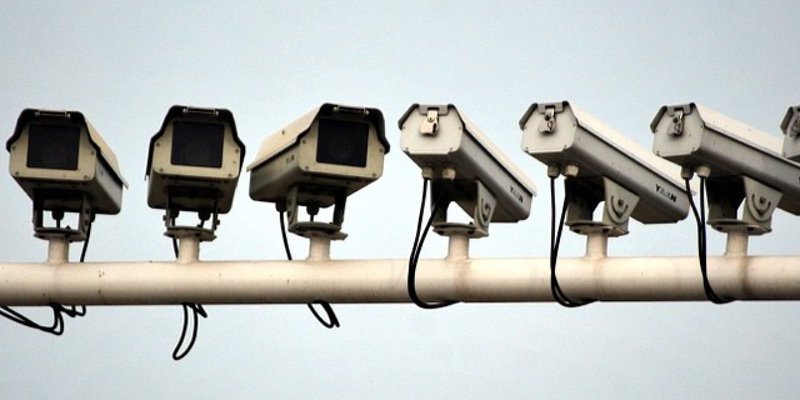
Alcohol, Tobacco, Firearms, and Grease: On the trail of Seattle surveillance
After Seattle residents noticed cameras popping up on utility polls over town, local activist Phil Mocek filed a request to find out who was putting them up, and why. What he got back was surprising - despite tough local laws, agencies like the ATF were setting up the spy cams for minor crimes, such as catching restaurants dumping grease.
-

New Jersey rejects request for dolphin necropsy results, citing “medical privacy”
When a dolphin died in New Jersey’s South River last year, MuckRock’s Carly Sitrin - a Garden State native herself - wanted to know what killed it. So she filed a public record request to the state’s Department of Agriculture for the necropsy results. Just this last week, the DOA finally responded, and to make an already weird story even weirder, barred the release of the record on medical privacy grounds.
-

What’s your 2016 #FOIAResolution?
The coming of a new year is a great time to start fresh and set ambitious goals for where you want to go and who you want to be. Around here at MuckRock, we tend to get pretty single-minded about getting fresh public records, so we decided to share our 2016 FOIA resolutions, along with those of other requesters.
-
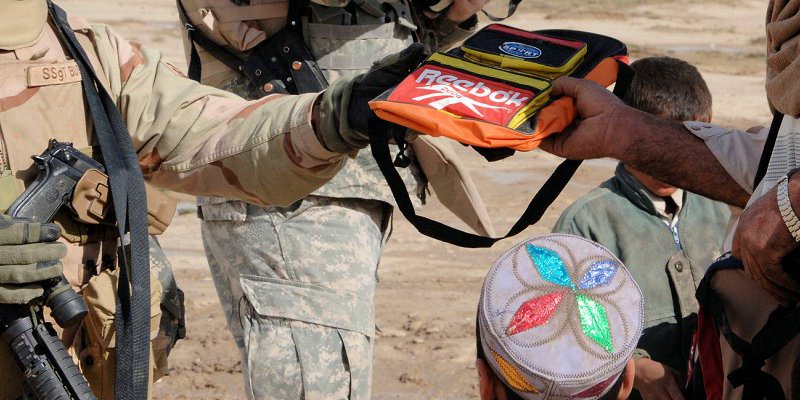
Bribery allegations in Afghanistan no small worry among big U.S. reconstruction spending
After 15 years and $110 billion, the scorecard of successes for U.S. reconstruction efforts in Afghanistan has tallied yet another loss. A second sergeant was recently sentenced in connection with a bribery and money laundering scandal involving over $30 million in contract awards at the Humanitarian Air Yard at Bagram Air Field, Afghanistan. The story caught just a blip of coverage, but it offers a sense of the troubles that continue to face American efforts.
-
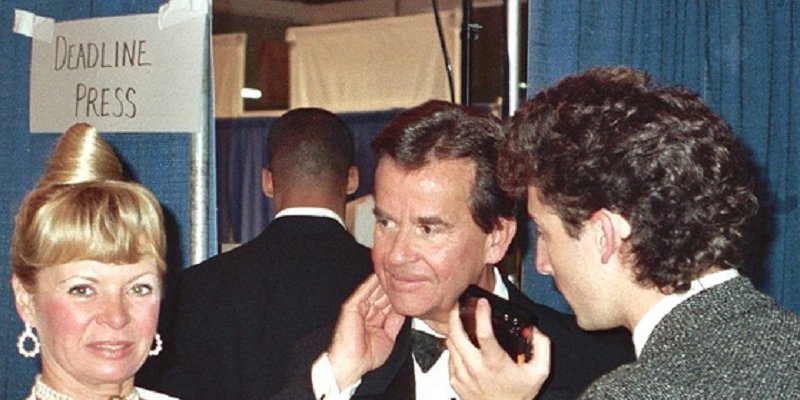
Death threat to Dick Clark leads the FBI on a real-life “Twin Peaks” investigation in White Bear Lake, Minnesota
As the host of “New Year’s Rockin’ Eve” on ABC for nearly 40 years, Dick Clark is as much a part of the holiday as party hats and cheap champagne. However, FBI files released after his death in 2012 reveal that somebody wanted to cut his career short a good five decades earlier.
-

“Blatant immoral acts” Downton Abbey FCC complaints
Last Sunday, PBS aired the premier of Downton Abbey’s sixth and final season, beginning the end for the popular period drama. While a bittersweet moment for anglophiles everywhere, FCC complaints released to Robert Delaware show that at least a couple people were not down with the Abbey.
-
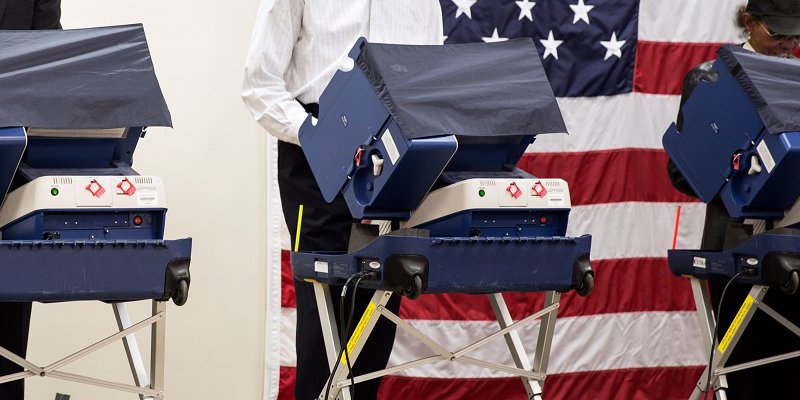
Over a third of Boston precincts reported system malfunctions in 2012 elections
Documents obtained from Boston City Hall through a public records request reveal that approximately 37 percent of precincts in the Boston metro area reported technological issues or system malfunctions with their voting machines in the 2012 general presidential election.